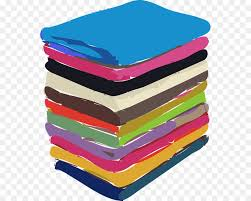
Creativity
Originality
a sense of colour
management of time
Teamwork
confidence in oneself
mechanical expertise (sketching, sewing, pattern cutting)
Business Knowledge
Communication, interpersonal, and networking abilities
designer of clothing
vogue stylist
Colourist
Illustrator of fashion
Style Predictor
Dress Design
You must make a decision on what area of fashion you wish to pursue early on. Whether it be clothing for men, women, or children, sportswear, accessories, or even eco-friendly clothing. Choose an area that most interests you and in which you wish to advance your career.
You need to have a strong resume if you're seeking for fashion design employment. Possessing a strong portfolio demonstrates to potential employers what you are capable of.
An internship programme is the finest approach to break into a field. Send applications to all the relevant businesses you are considering. You can learn all the necessary skills for success in the fashion industry with an internship.
When beginning off as a fashion designer, networking is essential. You can get a new job, shift careers, or start your own fashion company by developing significant contacts with other industry professionals.
You must be able to think strategically if you wish to work for yourself as a fashion designer. Additionally, you must be well-organized and familiar with the fundamentals of economics. Designers like Calvin Klein and Tom Ford are active in all facets of the industry.
The fashion business is incredibly chaotic and erratic. Fame and glitz come with a cost. Not everyone enjoys working long hours and completing tasks on deadline. If you are not immediately hired as a fashion designer after graduation, you can always start in a similar field, such as costume design or fashion styling, and work your way up.